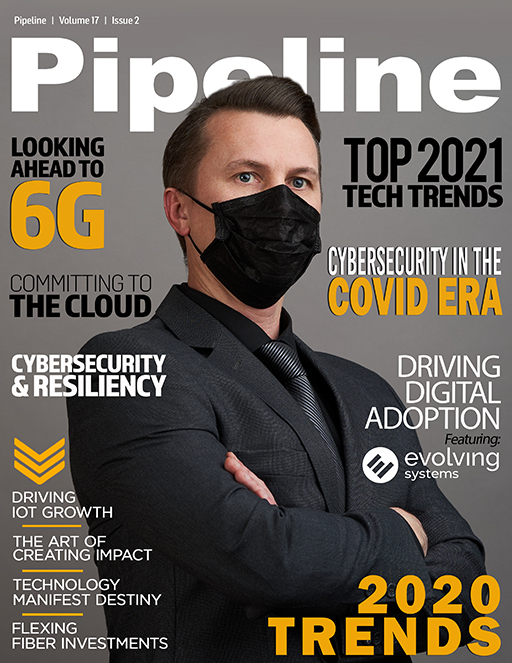Technology Manifest Destiny
There also needs to be a mix of types of suppliers as well as a process for vetting innovation. There also needs to be funding for collaborative innovation efforts. There must be a portfolio of these efforts, as this approach dramatically lowers risk while maintaining economic viability. Finally, there must be a clear path to implementation for successful approaches. Without this clear path, quality vendors won’t join the ecosystem. Such innovation in software comes primarily from start-ups and small companies. These start-ups may be paired with large vendors to add confidence in ongoing support, yet care must be taken to avoid bait and switch, smothering, or financial arrangements that put small companies at a disadvantage. For more detail on how to assemble a portfolio that generates a stream of innovation, please see the recent article Building an Innovation Ecosystem.
In transitioning to an intelligent consumer, a telco will have to do some reskilling. This is within reach. Existing advanced technology groups are experienced in technology self-retraining. Focusing them on developing their skillsets in software architecture, processes, tools, and so on is within their capability sets. Operations staff have often felt left out of key technical decisions. If approached properly, they will happily join procurement teams following the intelligent consumer approach.
Telco IT staff are already chomping at the bit. The challenge here will be to help them understand that they cannot control the intelligent consumption process but rather must participate as a team member. Telcos have seen declining profits. If they understand how intelligent consumption can change their cost structures while providing for innovative new revenue sources, they will also be happy to join the teams.
Procurement will not need significant reskilling but will face significant culture change. Current procurement practices make things relatively easy for procurement. Moving to intelligent consumption will mean more and new kinds of work for procurement. In order to get their support, procurement teams need to understand that their role must change to ensure the company thrives. In other words, taking on a harder job will open the path to a new, more key role for procurement.
In some ways, transitioning to an intelligent consumer represents a culture change for telcos. To effectively make such a change requires senior management vision and support. Recognition of this culture change is gaining traction among industry leaders.
Intelligent consumer benefits
The intelligent consumer approach gives telcos a way to capture the innovation stream that is necessary to be a vital and profitable business in the highly competitive landscape of softwarized networking. It also provides a way to turn competition within the ecosystem into an advantage to control costs and preserve quality—without assuming the costs and disruption of significant investments in technology and reskilling. Realizing this transition will require the vision and support of senior management. It will be well worth the effort.



















